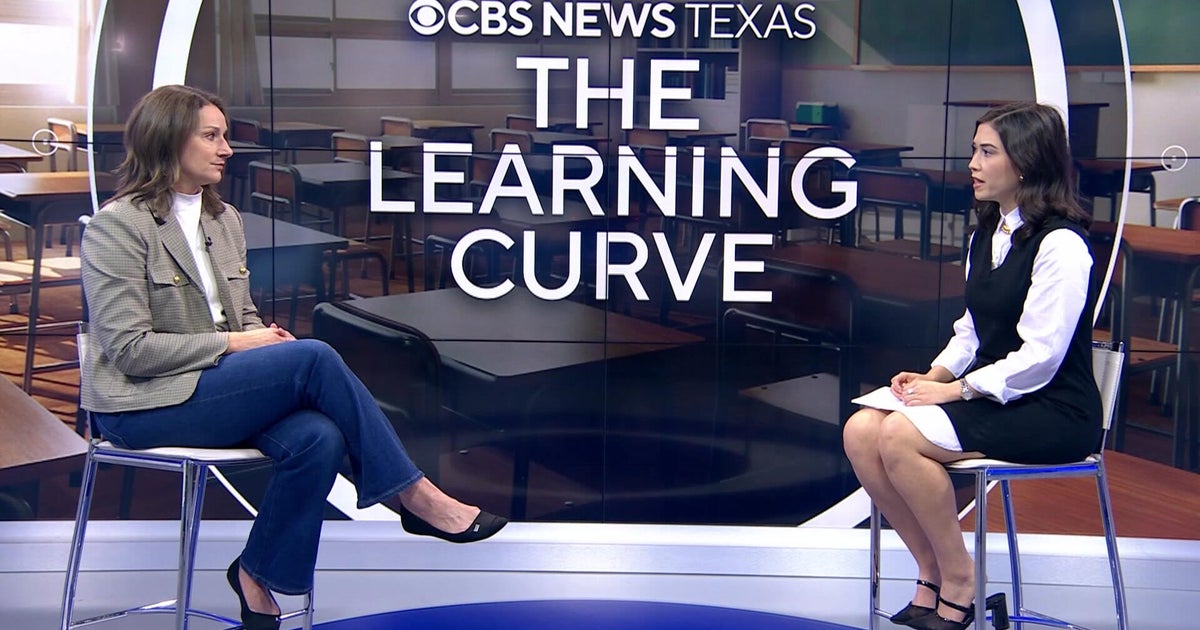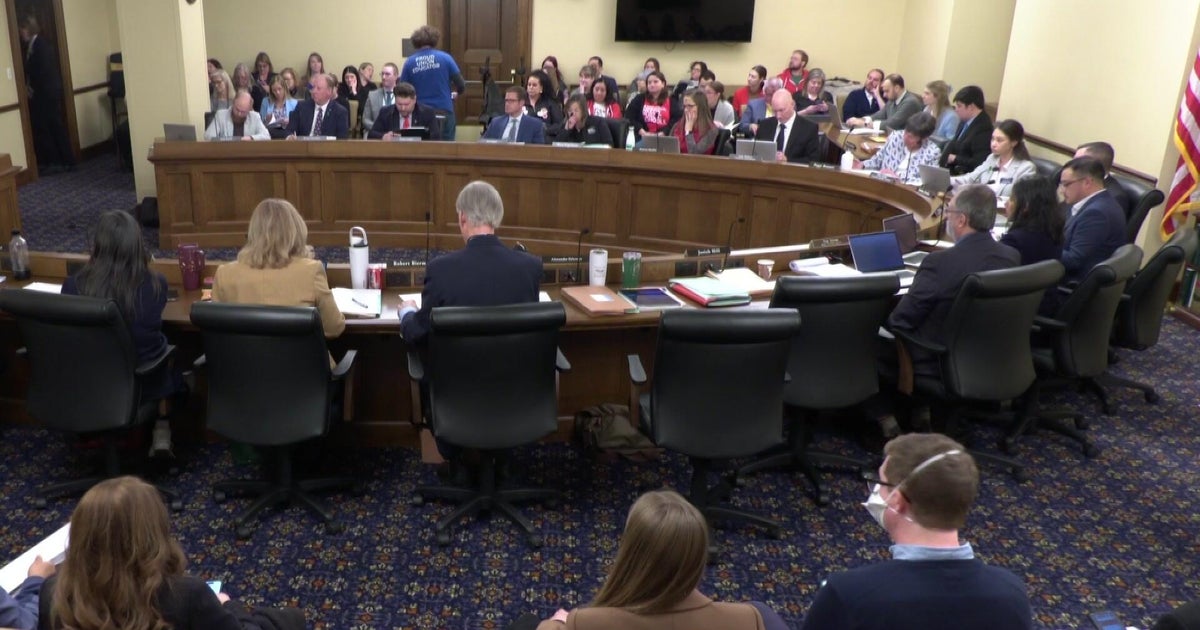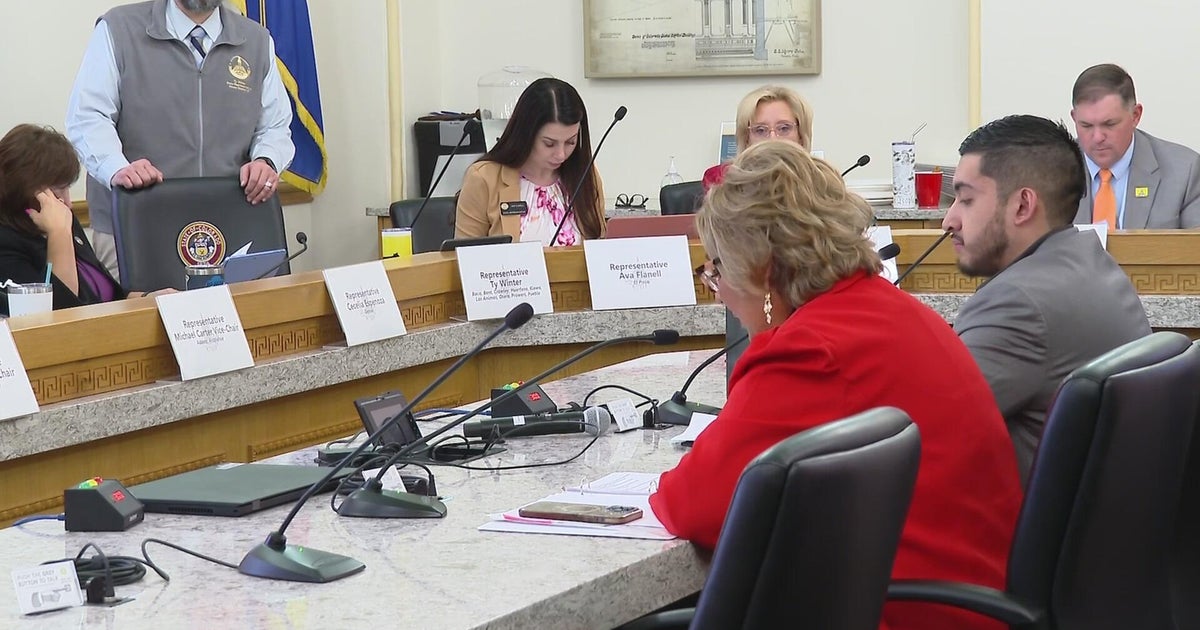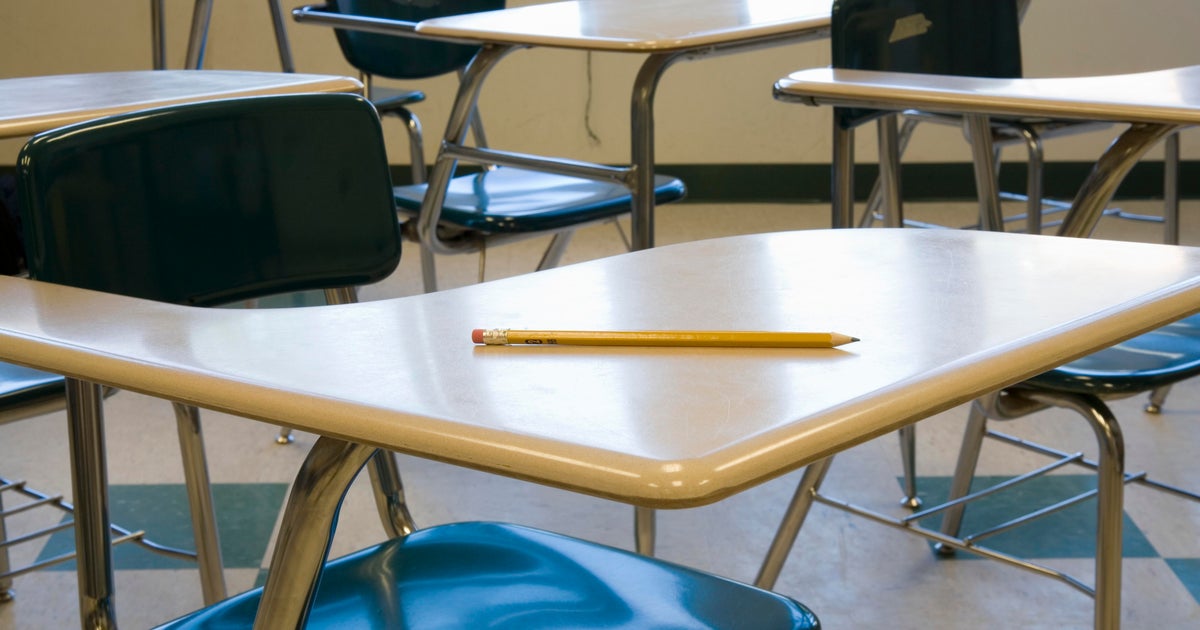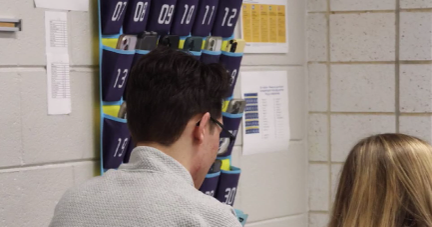Perry Endorses Efforts To Reevaluate STAAR Exams
AUSTIN (AP) — Gov. Rick Perry on Tuesday added his voice to a chorus of bipartisan state lawmakers, parents, teachers and educational professionals who say it's time for Texas to take a hard look at the standardized tests it requires students to pass in order to graduate from high school.
A slew of efforts to drastically overhaul — or even temporarily scrap — the State of Texas Assessments of Academic Readiness, or STAAR, exam have been introduced since the state Legislature opened its session last month. Perry didn't endorse any one reform effort, but said that remaking testing requirements doesn't mean compromising school accountability standards.
"Without accepting anything less from our schools, we can certainly debate the best ways to measure their performance," the governor said at an education forum organized by the Texas Business Leadership Council. "I support recent efforts to evaluate our testing methods to help determine the best mix of STAAR testing."
Current state law requires Texas high school students to pass 15 exams in core subjects in order to graduate.
That number looks almost certain to be reduced before the end of the legislative session in May, however — so much so that Perry's appointee as education commissioner, Michael Williams, has said he hopes lawmakers won't cut it to just two or three tests.
Perry also said he supports proposals to change the state's school accountability rating scale, which currently ranges from "Exemplary" to "Academically Unacceptable," to one built around letter grades.
He applauded "efforts to make school accountability ratings more transparent for parents and communities" including "an A-to-F rating system, like the one initially adopted in Florida and now in place in 11 other states."
Issues Perry failed to mention were dramatically expanding charter schools in Texas and proposed voucher programs that would extend public money so it reaches parents directly, allowing them to pull their children out of underperforming public schools and send them to private ones. Both efforts are championed by Sen. Dan Patrick, R-Houston, chairman of the Senate's education committee.
Addressing the same gathering, though, Texas House Speaker Joe Straus said there is little chance legislation allowing public funding to be funneled to private schools would be approved in the lower chamber.
"I'm pretty certain the votes are not there," Straus said.
But on the same stage moments later, Lt. Gov. David Dewhurst said too many students in the state are trapped in poor performing schools because of where their families live.
Dewhurst, who oversees the state Senate, added that 11 states already have voucher programs that are succeeding, and promised to fight for similar reforms in Texas.
"I'm going to try and move, I'm going to do everything I can to move out of the Senate ... a way to parachute these students out of failing schools," he said.
In 2011, still reeling from the Great Recession, the state Legislature voted to cut $5.4 billion from public schools and educational grant programs. In a report last week, the National Education Association announced that Texas' per-student spending had fallen to 49th nationwide, decreasing more than $700 in the 2012-2013 school year and $1,000-plus since the cuts first took effect.
Texas currently spends $8,400 per student, which is $3,055 less than the national average and exceeds only Arizona and Nevada in the NEA report that includes the District of Columbia.
Straus said those results surprised him given that so many states ushered in steep government spending cuts in recent years amid sluggish economies. But, he said, even with difficult economic circumstances "you don't want to see Texas at the bottom of a list that measures, to some extent, a commitment to education."
"It is not something that we should be proud of," he said.
(© Copyright 2013 The Associated Press. All Rights Reserved. This material may not be published, broadcast, rewritten or redistributed.)
Also Check Out:

